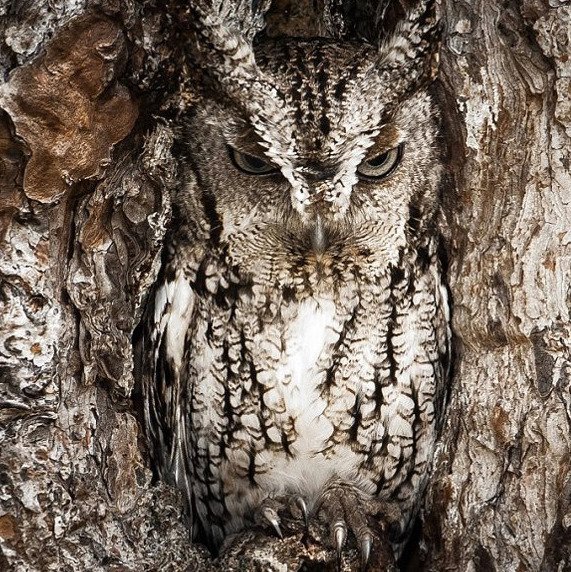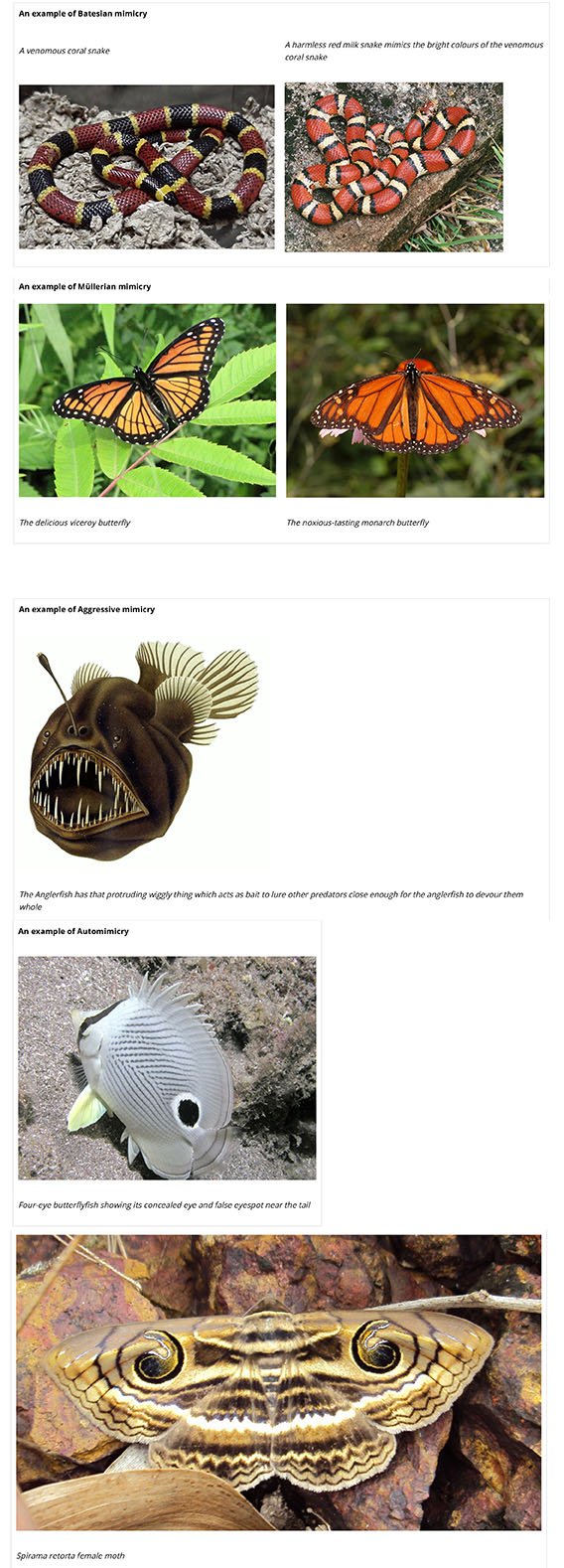(from http://duncanstroud.com/blog/dsposts/the-truth-about-lies)
Deception is deceiving

Social scientists have devoted much attention to studying the sources and consequences of the disposition to trust but have only recently begun to investigate the disposition to distrust. An increasing consensus is emerging that distrust is not merely the opposite of trust. This article provides initial empirical evidence indicating that the sources of the dispositions to trust and distrust indeed do differ in important ways. Notably, although both trust and distrust are strongly influenced by the individual’s unique environment, interestingly, trust shows significant genetic influences, whereas distrust does not. Rather, distrust appears to be primarily socialized, including influences within the family. These findings provide new support for the bidimensionality of trust and distrust by demonstrating their distinct antecedents. Lying has a bad reputation. I suppose it is because we do not want to feel deceived or manipulated, as this would result in less than ideal circumstances for us. The problem is, one person's circumstances are usually incompatible with at least a few, if not many others, who are trying to get the same self-serving results.
This is not a 'bad' thing. Lying and deception is built into our DNA and not only goes back the very dawn of life on this planet but was instrumental in human evolution and consciousness as we know it today.
Deception is built into evolution. Take these critters; they are perfect examples of how some animals have won the natural selection game with deception. You have all seen this before, but I will show them again because they are just so amazing to see!

Obviously, there are countless examples of this, and this exists for good reason. Not only does it save the animal from getting eaten, it makes him more likely to sneak up on his next meal. Both motives are quite self-serving.
In the animal world, there are all forms of deception: Defensive/Aggressive mimicry, camouflage, feigning death, concealment, distraction display, deimatic displays, etc, etc.

As we move up the evolutionary chain to that level where animals can ‘think’ we see them forming strategies based on need and resources. A good example of this is how crows will wait near a road and then attack squirrels and other rodents to force them to run into the road with the hope that they will get squished by the oncoming car, saving the crow the work of doing the killing and ‘preparing’ of the meal himself.
Still further up the conceptual tree is the ability to form community strategies … animals working together who share the same self-serving goals.
In 1974 Jane Goodall witnessed the first documented ‘warfare’ within a tribe of monkeys that has split into two:
They had recently all belonged to the same group. When the group split in two, one community took over the northern half of the range and the other, the southern half. From 1974 to 1977, during the “four-year war,” the northern males obliterated the southern community, hunting down and killing all of its adult males. The northerners took over their enemies’ territory and females.
Sound familiar?
Based on this some anthropologists concluded that violence is “a grisly trait that humans and chimpanzees inherited from their common ancestor some 7 million years ago. The conclusion: Violence is just part of human nature, stamped into our DNA.”
But what is the difference between a bug that looks like a stick and civil war? The difference is the ability of the species to attain its self-serving goal. The motive is the same in both cases.
OK, here is where it gets interesting: There is another difference between those animals with genetic survival traits (like camouflage) and self-serving communities – the conscious ability to see one’s self as separate and distinct from the others. And this is where Man comes into the picture.
Julian Jaynes, in his brilliant theory on bicameralism presented in his 1976 book “The Origin of Consciousness in the Breakdown of the Bicameral Mind”, put forth the idea that the ability to consciously lie and deceive was a critical leap in the evolution of human consciousness, and one that was developed out of survival needs.
It certainly lines up with the patterns of deception as we walk up the evolutionary ladder – from species to tribe to individual.
Everything up to this point has been a long winded intro to establish the idea that lying and deception is a part of nature, survival, life and built into our DNA.
From the physical existence perspective we, and all life, are ‘nothing’ more than DNA machines whose prime objective is to survive and expand. I specifically use the word ‘expand’ rather than ‘evolve’ because the word ‘evolve’ implies that where we are going is ‘forward’, but this only has meaning when we assume that where we are is ‘better’ than where we were. Expand is a better word because life will adapt to any circumstance, and if it must transform humanity into crazy mole people to continue it will.
So, if lying and deception is so basic to the nature of all life, why do we go to such great lengths to dispel its merits, especially to our children? One reason is because lying is considered a ‘bad’ thing in our culture, but this just begs the same question: Why?
The obvious answer is: those telling us that lying is bad a thing, are simply lying to us, most likely for their own self-serving ends. But this is not the ‘true’ answer.
The ‘true’ answer is a bit more complicated. As a society, we must all believe that we collectively share the same self-serving interest, and that does not work if we believe that everyone is lying to us. In this way, the act of lying is an act of distrust in the common social ‘vision’, the goals of the society [1]. This can be seen in the fact that not only is it okay to lie when that lie supports society's goals, but it is even honored. Good examples of this are: Lincoln wanted to free the slaves (he didn’t care, only in so far as it kept the union together), the Thanksgiving feast (there wasn’t one, unless you count cannibalism as a ‘feast’), Columbus discovered the ‘New World’ (the Viking Leif Erikson beat him by 500 years), and countless other historical facts of history and heroes.
Other more sinister lies have led to the most inhumane acts of barbarism that are accepted by society because of the reasons already mentioned, such as mass slaughters (Kurds, Moriori, Rwandan, Irish, Pygmies, Jews, Russians, Native Americans, Aboriginals, Armenian, Bosnian to name a few), yet at the time of these atrocities, those committing them were not waking in the morning thinking “I am a seriously fucked up, evil, psychopath … what shall I do today?” They were fighting for what they believed was ‘right’, destroying another society that threatened, or at least appeared to threaten, theirs.
This sort of thing happens when one believes the lies they are told, and things brings us to the crux of the ‘problem’: Lying in and of itself is not the problem … it is believing in the lies which subsequently results in one lying to oneself.
I know this like saying “Guns don't kill people. People kill people”, but the difference here is that unlike guns, deception is built into the very fabric of life … at least life on this planet. This has to be expected on a planet where the rule is for one thing to survive something must die, and it’s not likely things will change until we learn how to photosynthesize the sun directly.
But with every disease comes a cure, and with every blessing, a curse.
The human consciousness, which grew from the need to deceive, to lie, allowed it to become aware of itself, to say “I Am”, and therein lies the seed of our salvation as well as the seed of our destruction.
We can use “I Am” in any way we choose. We can say “I Am [fill in the blank]”, which is a deception, to others and to ourselves, or we can look inward and simply say “I Am”. Saying anything other than that is a lie in that is is only a very small part of the truth. But as we live on this planet, in this society, we can't really go around just saying “I Am” and expect not to end up in the ugly part of the spectrum of physical life. Imagine what would happen to a quarterback in a football game if in the middle of the game he started feeling “I Am” rather than “I Am a kickass quarterback”. The poor guy would get carried off the field broken in pieces.
To this end, even though I am not religious by any means, and feel the institution of the church to be one of the great evils of our time, I would quote the words of Jesus, who gave, I feel, a pretty clear instruction on this matter (just before he got convicted to death) when he said "Render to Caesar the things that are Caesar's, and to God the things that are God's." That is ... when dealing with the things of this world, one must use the resources at his disposal in the way he is most capable of to maintain his physical existence, but remembering to keep his spirit intact by not influencing it with the things of this world.
This is very similar to the old Sufi saying “Trust in God, but tether your camel”.
To bring this back to the subject of lying … it seems to me then that the general rule should be: lie when you need to but examine your motives as to why you are lying, and when you do lie, always remember that you are lying, and do not confuse this for the truth.
If you lie to achieve some self-serving goal, be it for yourself or your ‘tribe’, which includes lying for the benefit of others, you are living in the animal kingdom of survival, which is fine, but by doing so you implicitly agree to live by the laws of that world, and the law of that world is “eat or be eaten”
Ultimately, being 100% honest is the only path to harmony, but as we can not be 100% honest in this society it is very important to learn the art of deception so as to keep our honesty a secret.
p.s. There are also two types of lies, one to avoid unwanted consequences and one to support the desired outcome. "No, I have never cheated on you" (when you have) vs. "I can't get pregnant because I am on the pill" (when you are not). Both are used to manipulate the outcome with little to no regard for the others involved. If we define a lie as manipulating the situation to get what you want, then a lie can be much more than false statements. It can include any action that can be defined that way. For example, the way that birds will pick up burning twigs at the edge of a fire specifically to spread that fire so as to force more potential prey into the open (https://gizmodo.com/birds-deliberately-spread-wildfires-because-birds-are-d-1758109903) could be considered a "lie" or "deception", but through actions, not words. the same is true regarding how crows will pretend to attack roadside rodents when a car is approaching, but never intending to actually engage, in order to chase them into the street in the hope of getting an instant pre-tenderized dinner.
Footnotes:
- https://en.wikipedia.org/wiki/Deception_in_animals
- http://www.slate.com/articles/health_and_science/human_evolution/2012/10/chimpanzee_wars_can_primate_aggression_teach_us_about_human_aggression.html
- https://en.wikipedia.org/wiki/Julian_Jaynes
- [1] Interesting study that shows that trust is inheritable (30%), while distrust is not. https://www.ncbi.nlm.nih.gov/pmc/articles/PMC5502587/
Congratulations @mishrahsigni! You have completed the following achievement on Steemit and have been rewarded with new badge(s) :
Click on the badge to view your Board of Honor.
If you no longer want to receive notifications, reply to this comment with the word
STOPDownvoting a post can decrease pending rewards and make it less visible. Common reasons:
Submit
@mishrahsigni, thank you for supporting @steemitboard as a witness.
Click on the badge to view your Board of Honor.
Once again, thanks for your support!
Downvoting a post can decrease pending rewards and make it less visible. Common reasons:
Submit